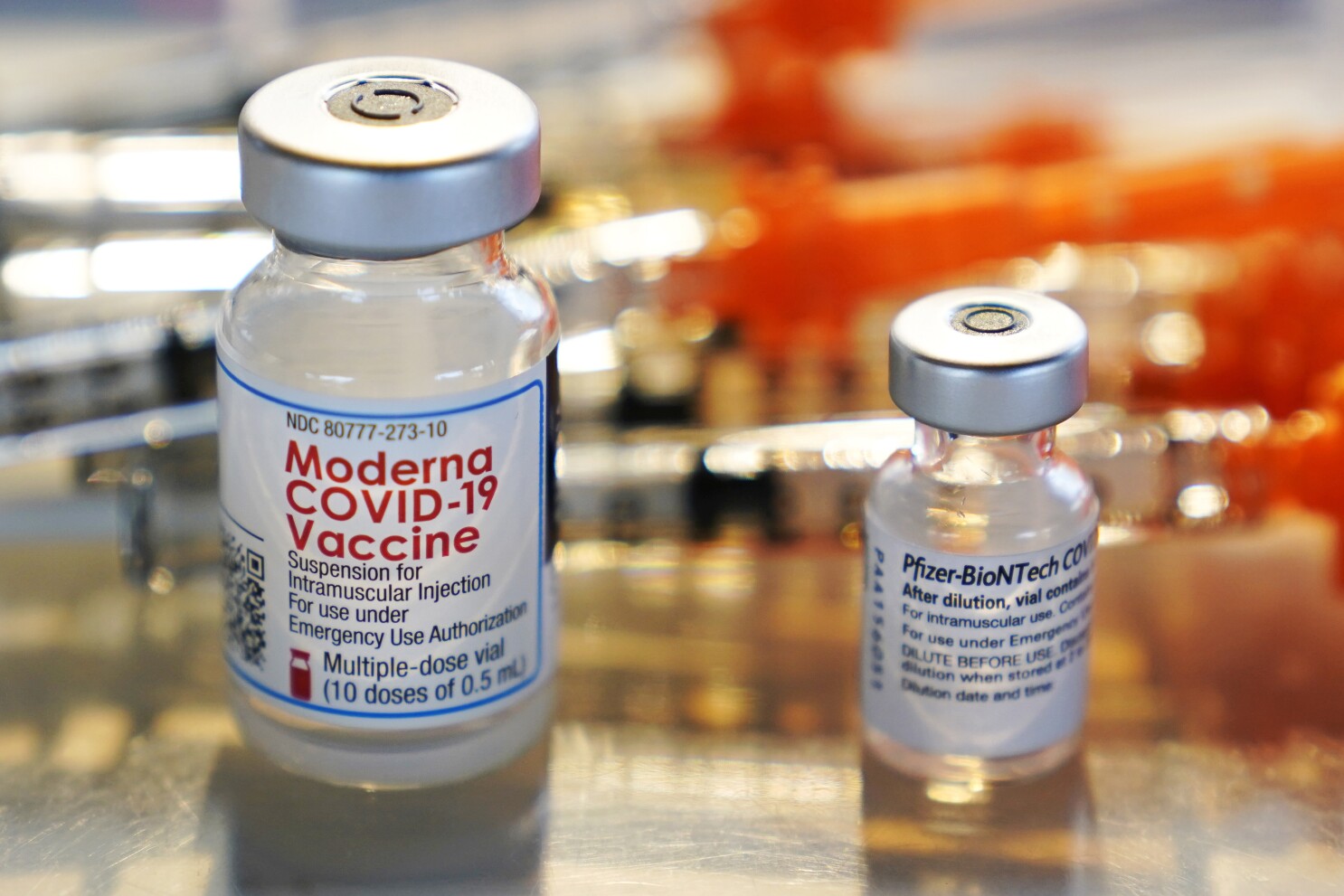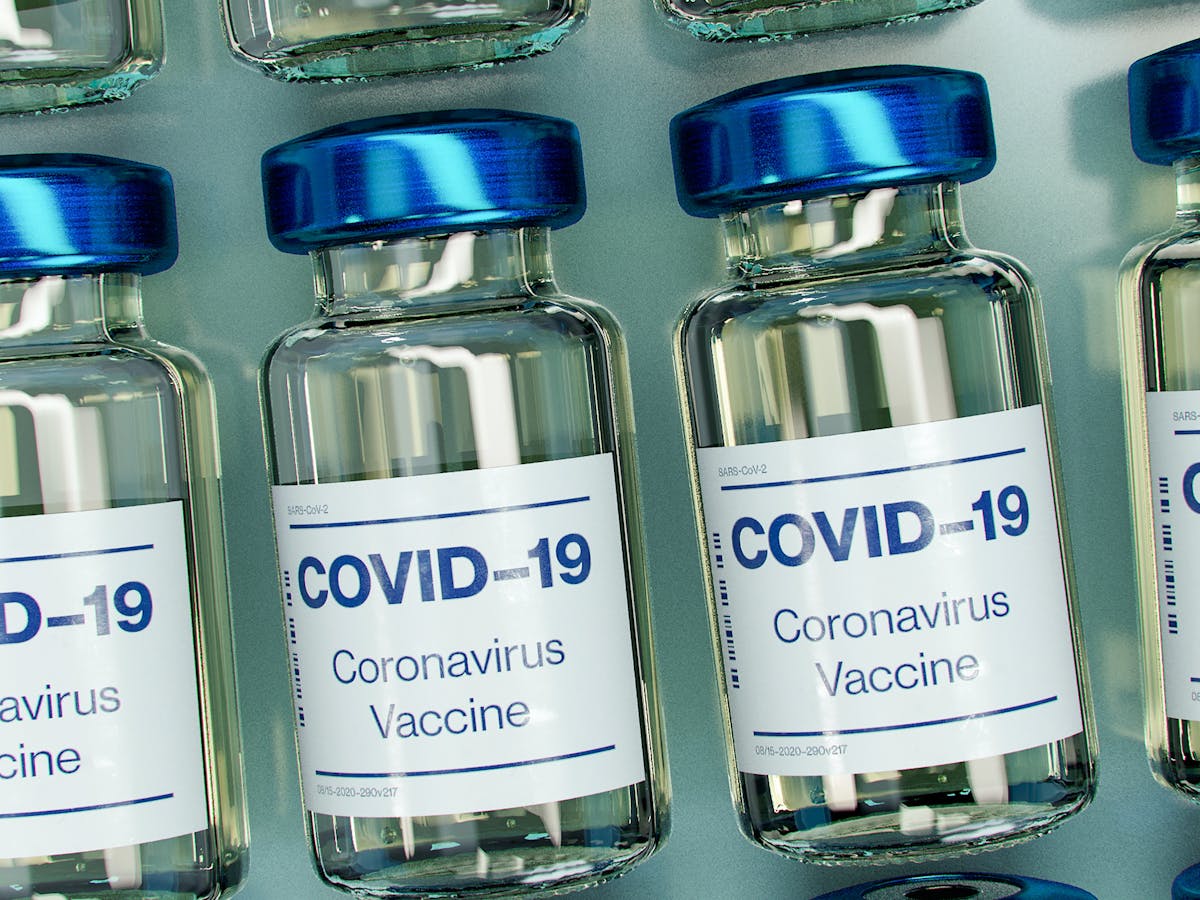
Deciding which booster dose to get is not as easy as it sounds. So, if you’re wondering about mixing and matching your COVID-19 booster shot, here’s the science behind it.
What is the mixing and matching of vaccines?

Now that the US Food and Drug Administration (FDA) has approved the mixing and matching of COVID-19 booster shots, you can take one of the three vaccines. This means that your booster shot need not be the same as what you received initially.
What’s the expert opinion on mixing and matching COVID-19 booster shots?

Public health officials are not recommending a particular COVID-19 vaccine for your booster dose. This is because it can vary from person to person depending upon availability and convenience. Additionally, this strategy will ensure that there are no delays and vaccinate people at a much faster pace. Moreover, science shows that mixing and matching vaccines is not just effective and safe but also provides a broader response in people. Hence, you will get a more potent response with mix and match than with several doses of the same vaccine.
“Part of the beauty of the mix and match is it enables people no matter where they are — rural or in the city — to have a choice. They’re all safe, they’re all going to give you a boost, and they’re all going to protect you against severe disease and death,” said Dr. Kirsten E. Lyke. Dr. Lyke is a professor at the University of Maryland’s School of Medicine. Additionally, she also presented the early results of a booster shot trial to the FDA panel.
How do you decide which vaccine to take?

The booster shot’s job is to stimulate your immune system. And, all of the available vaccines do this. But, don’t forget to talk to your doctor for further clarification. Based on your health circumstances, your doctor can recommend the best dose for you. However, you can also pick your booster shot based on convenience. Checking what is available locally or is easy to access is the best option. After all, it will provide more resistance to the virus than your current level.
On the other hand, you can also choose your booster shot based on your familiarity with the vaccine. With your prior jabs, you might have experienced the after-effects and learned how to cope with them. Hence, your lack of complications from it can be a driver to take the same for your booster dose. “The pragmatic side of me says if you got Pfizer and you did fine with that, then getting a booster of the same one makes sense. To track down that pharmacy that has Moderna instead of Pfizer — is it worth it? I’m not convinced yet with the data we have that it is. Unless you find yourself only able to get one particular kind, I’d say stick with what you’ve got in the mRNA family,” said Dr. Adam Bitton. Dr. Bitton is the executive director of Harvard T.H. Chan School of Public Health and Ariadne Labs at Brigham and Women’s Hospital.


